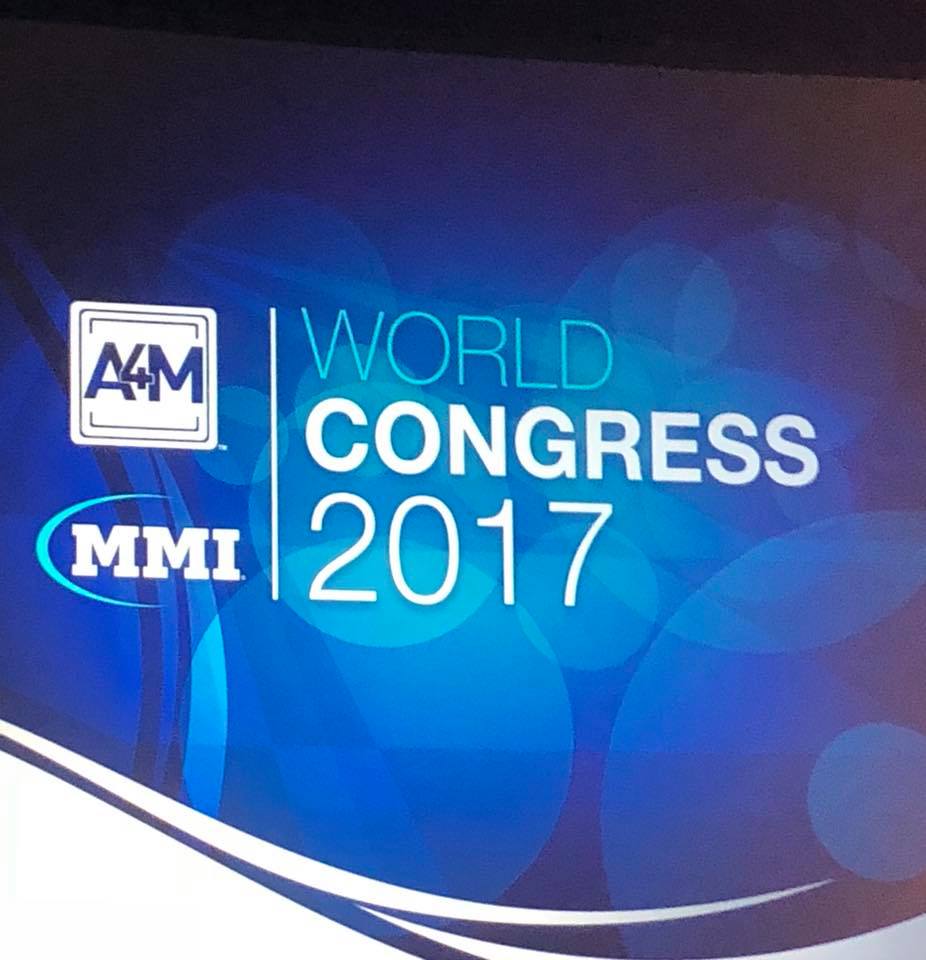NUTRITIONAL GENOMICS : THE FUTURE IS NOW
I recently attended an amazing seminar on the role of genetics and its relationship to our health . Make no mistake about it . This clearly fills a missing niche . Can’t figure out why you can’t lose weight no matter what? Why you suffer from severe brain fog? Why you can’t handle certain medications ? hormones ? Why your immune system is faulty ? Why you are sick and tired of always being tired ?
It’s taking the information from 23andMe and/ ancestry.com and applying it to an individual patient .
I’m the first to say that diet and lifestyle are paramount to wellness . But there may well be some confounding factors that are thwarting your best efforts . The answer may lie in your genome . Once this information is uncovered , we may well be able to implement changes in diet , exercise and supplements to help you achieve your health and wellness goals .
HeartWise Fitness & Longevity Center will be introducing new programs in the next few weeks . Stay tuned !












